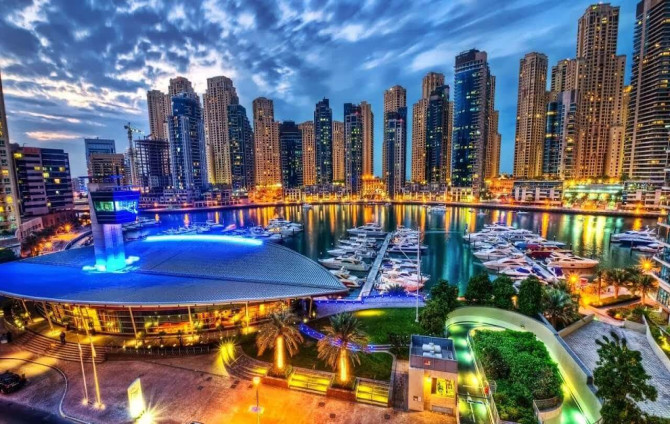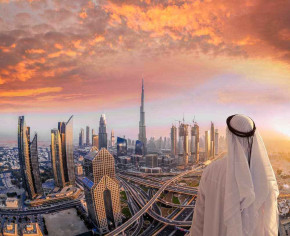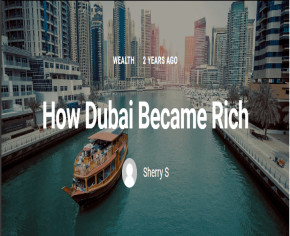
How the Booming Dubai Economy is Expected to Evolve in the Next Couple of Decades
Dubai's economic trajectory is set for a dynamic evolution over the next decade, with the unveiling of the ambitious 10-year plan, D33, in January 2023. Aimed at doubling the city's economy and positioning it among the world's top four financial centers, the plan focuses on innovation, trade, digitalization, and sustainability. Key targets include boosting the non-oil sector to contribute 80% to GDP, expanding the knowledge economy to 25%, and establishing a green economy at 8% of GDP. The plan encompasses initiatives to enhance the business environment, attract foreign investment, develop human capital, and foster social cohesion.
The real estate market is experiencing a resounding boom, with prices soaring by 14.1% year-on-year in September 2023. Dubai's appeal lies not only in iconic structures like the Burj Khalifa and the Palm Jumeirah but also in its diverse property offerings. Factors driving demand include low interest rates, tax-free structures, the Expo 2020, and long-term residency schemes. Future developments, such as expanding public beaches and reviving the Palm Jebel Ali project, promise added value to the real estate sector.
Tourism remains a cornerstone of Dubai's economy, contributing AED 122.6 billion ($33.4 billion) in 2020. The city's diverse attractions, from the Dubai Mall to the Expo 2020, draw millions of visitors annually. Ongoing innovations, like the Museum of the Future, the Dubai Eye, and Aladdin City, reflect Dubai's commitment to enhancing the tourist experience.
Dubai's economic strength stems from diversification, with a focus on trade, tourism, finance, and technology, reducing reliance on oil. The city has become a regional hub, attracting foreign investment and talent. Initiatives like the Dubai Future Foundation, Dubai Blockchain Strategy, and Dubai Smart City Project underscore Dubai's commitment to digital transformation and innovation.

